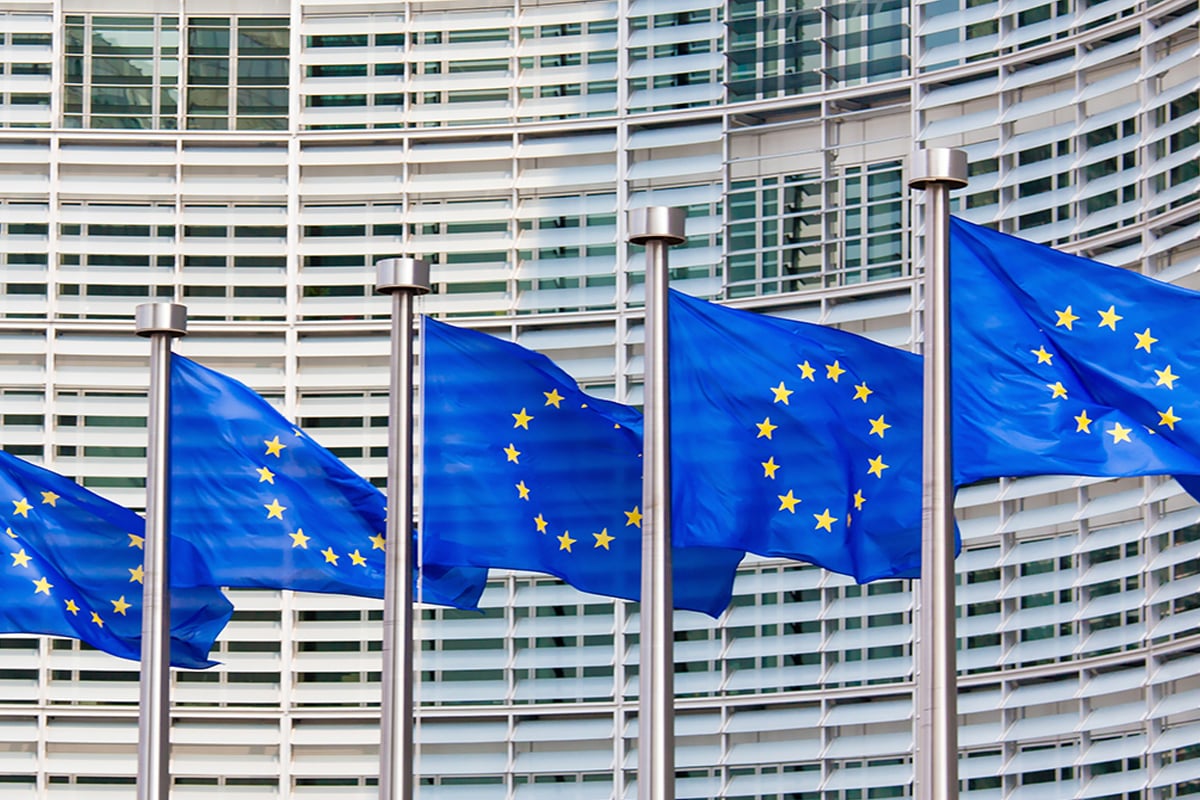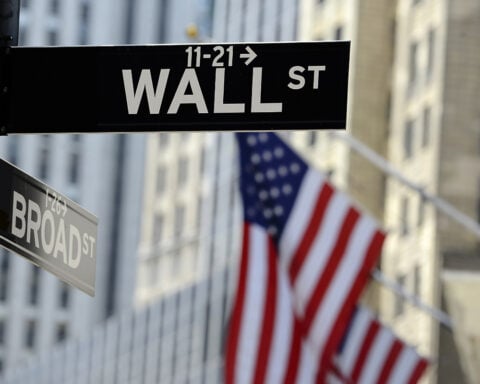As Europe contends with stagnant growth and a decline in living standards, a wave of far-right nationalism is sweeping the continent, posing a threat to the already fragile economic situation. Populist leaders, leading in polls in several countries including Italy, the Netherlands, France, Austria, Hungary, and Slovakia, are pushing traditional center-right parties toward more extreme stances.
By the upcoming European Parliament elections in June, this shift towards the right is expected to escalate, with ultra-nationalist and populist-nationalist parties potentially capturing up to 25% of the vote. This trend reflects a broader movement in the Western world, where protectionist and nationalist policies, reminiscent of a “Trump 2.0” approach, are gaining ground.
In contrast to the US, where the economy is booming, Europe, especially Germany, is struggling with near-stagnation. A decade of slow growth has divided the continent between a shrinking optimistic minority and a growing pessimistic majority. Many Europeans now perceive life as a zero-sum game, believing that their success can only come at the expense of others.
This zero-sum mindset is evident in the widespread pessimism regarding the future. In major European nations like France and Italy, only a minority believes they will surpass their parents’ achievements. According to a poll by Focaldata, in the Netherlands and Germany, there are as many pessimists as optimists about their future prospects.
The rise of nationalist sentiments is driven by a culture of blame, where people attribute their economic hardships to immigrants, foreigners, and minority groups. This narrative is reinforced by Europe’s economic policies, such as the Growth and Stability Pact, which limit the ability of member states to invest in long-term growth.
Germany’s strict debt limit, which restricts the government’s structural deficit to 0.35% of GDP, looms over Europe’s chances for recovery. While China and the US can stimulate their economies through subsidies and deficits, Europe remains constrained by fiscal austerity.
The European Recovery and Resilience Facility, scheduled to expire in 2026 without a replacement, further restricts Europe’s capacity to invest in critical areas like technology and renewable energy. This lack of investment, combined with a resurgence of protectionism and anti-environmental sentiments, threatens to keep Europe stuck in a cycle of low growth.
To counter this wave of nationalism, progressives are proposing a strategy focused on economic and environmental transformation. Cooperation and solidarity, rather than protectionism and xenophobia, are viewed as the keys to a more promising future for Europe.
As the European Parliament elections approach, the continent finds itself at a critical juncture. The decisions made in the coming months will not only determine Europe’s economic trajectory but also its commitment to democracy, cooperation, and inclusivity.







